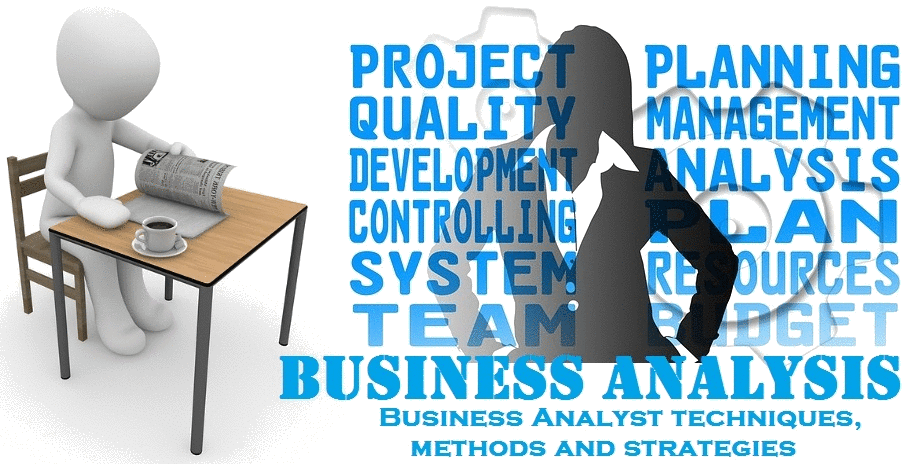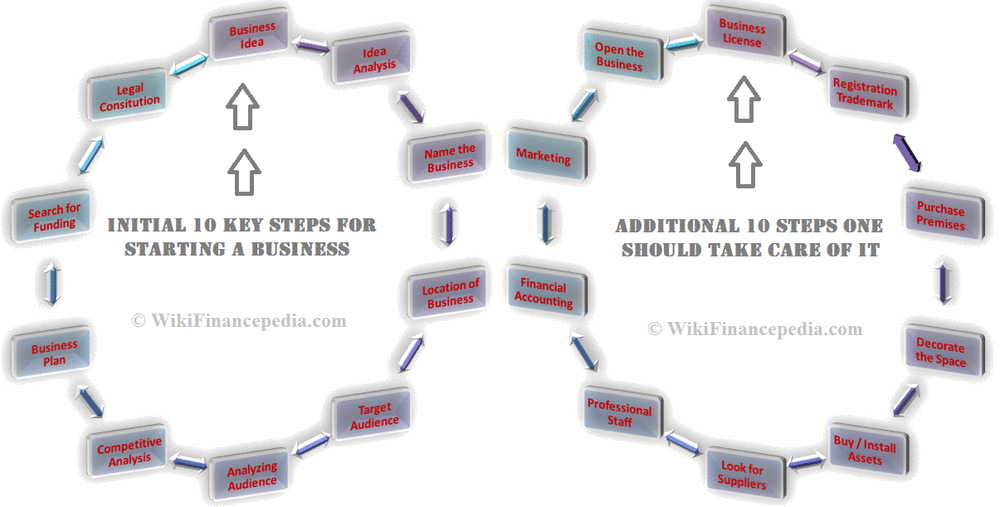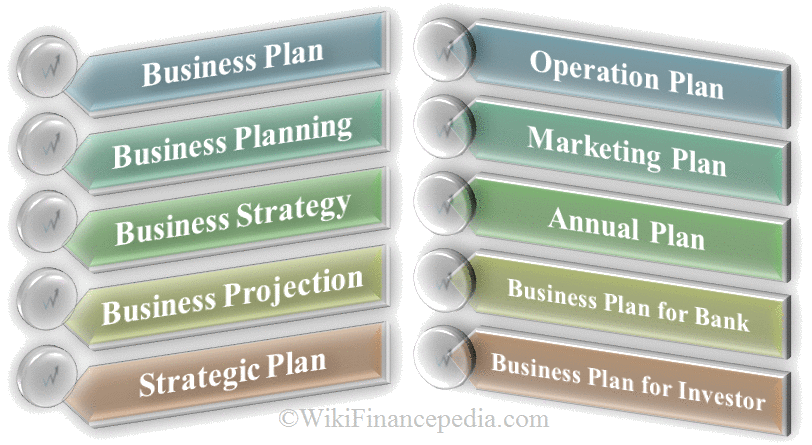Business Analysis Definition:
Business analysis is a technique used in the majority of companies seeking to better understand the market. In this discipline, the ultimate objective is aimed at achieving solutions that meet the needs of the business, but always focusing on it from the standpoint of profitability. To reach these goals, analysis of business means knowing perfectly the company for how it works and the points that should strengthen the stakeholders in front. In simple words, Role of business analyst in a project is to understand the process of the organization so that, finally, is improve workflows within the same company. It is important at this point, technology plays a great role in these cases since it influences directly on improving the efficiency of processes.
A company business processes constitute the backbone of the same, therefore, everything supposed to boost the effectiveness of these processes through a relevant analysis, will be a benefit both qualitative and quantitative, against everyone, but especially face to shareholders.
This field of business analysis is gaining great relevance today and is recognized by companies for their strategic value. It is a field that should not be forgotten by their value to the company. The analysis of processes, aligned with the objectives of the company, positions the company with a competitive advantage over competitors.
Business Analysis Techniques and Methodologies:
Let us understand what and how this techniques, methods and strategies are followed by business analyst to achieve better results at the role of business analyst. Below listed are the phases or stages pursed at the role of business analyst.
Business Analysis – Step 1: Set your idea and what are the objectives of the business analysis you want to perform, i.e. what intend to achieve with your idea. It begins with setting your real goals. Remember: that your goals are not impossible! If not, the frustration will end up destroying your project.
Having a central objective (main idea) that is based on several targets smaller and more easily achievable short-term will help you see how your goals are gradually getting. Once fixed targets simply define and structure them on your business website.
It will be more convenient to divide the business analysis in the small interdependent analysis. Of this sub-analysis, first you have to be that of commercial viability, to contextualize your business idea in the current market and the forecasts of the market of the future.
In this second more in-depth analysis, you have to analyze and justify whether your idea is commercially viable i.e.: If there is a market for it and what would be its real value. We recommend to start you do a SWOT analysis, that is, an analysis of the strength, weakness, opportunities and threat of the business project.
Business Analysis – Step 2: Prepare a marketing strategy to enhance the commercial viability of your business website. To be effective, you have to develop your project competitively. Study the competition, and attempts to separate yourself from it, either in costs or in execution, to strengthen the viability of your idea.
Once you’ve created the framework for your idea to occupy a place in the market, we recommend that you approach the analysis of the necessary tools to carry it out. It analyzes your business plan need to be technically viable. Here you will have to take into account equipment, material costs, tools, more bureaucratic aspects (including administration and the legal framework) and logistics.
Analysis of the economic feasibility of the project: analyze what your financial potential and the possibility of getting investment. What are financial risks and what would be the profit margins and recovery of short, medium and long-term investment. A good analysis of business needs, above anything else, a good plan and financial analysis. Once you have this resolved, go back in your business website and check that the numbers fit in the previous steps. That is, if the objectives, the structure and the technical needs of the project are covered by the financial capacity of the same. You will probably have to go back again and again, adapting and limiting expenses and defining your limits. That the analysis of financial risk is so important, because it is that prosecutes and delimits the real possibility of achieving your objectives.
Don’t forget that without good tools and planning, good ideas never materialize or will the way less effective or optimal; and that if you don’t know how or how something works, it is best that you allies with someone who does know and, in addition can help you. This will make it teach you how to do it for the next time. In a nutshell: without a good accounting there is no way of knowing whether or not the goals that one is marked are viable.
Read E-Learning Tutorial Courses - 100% Free for All







